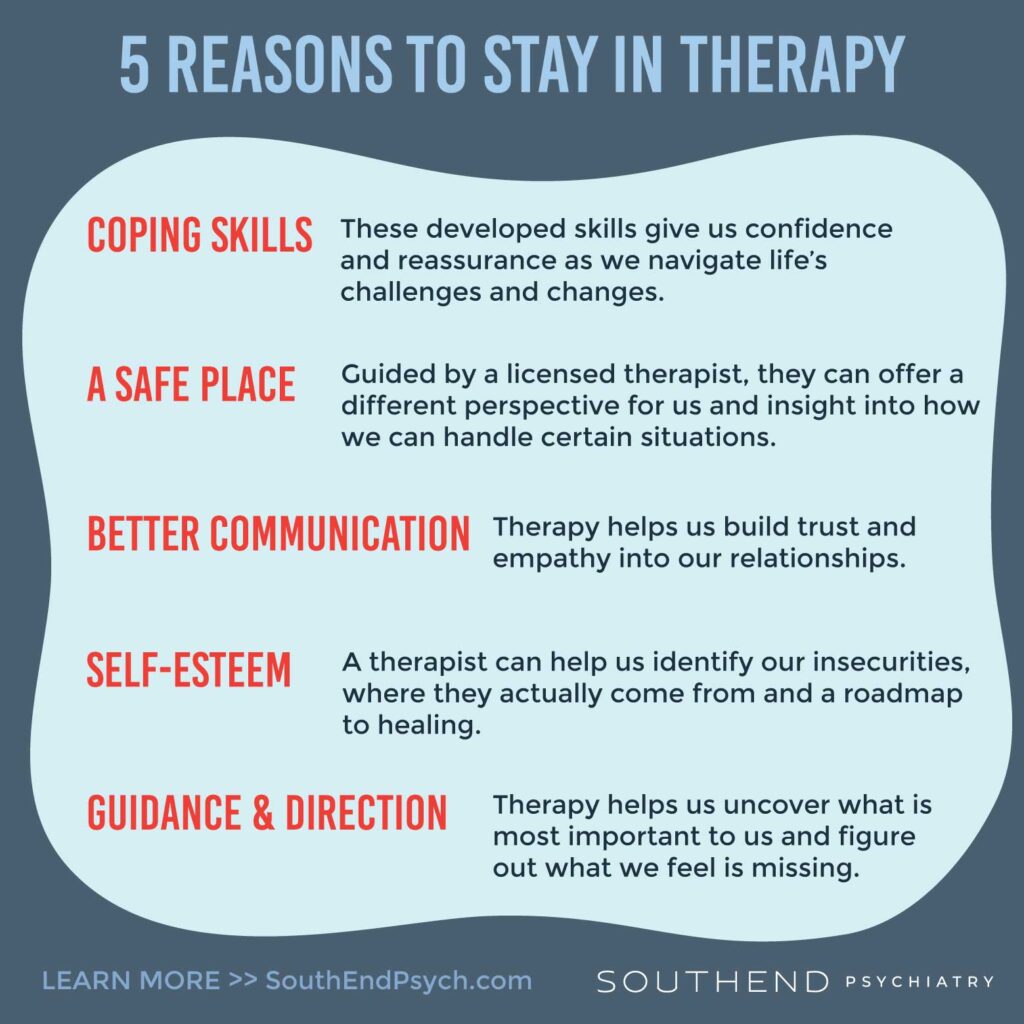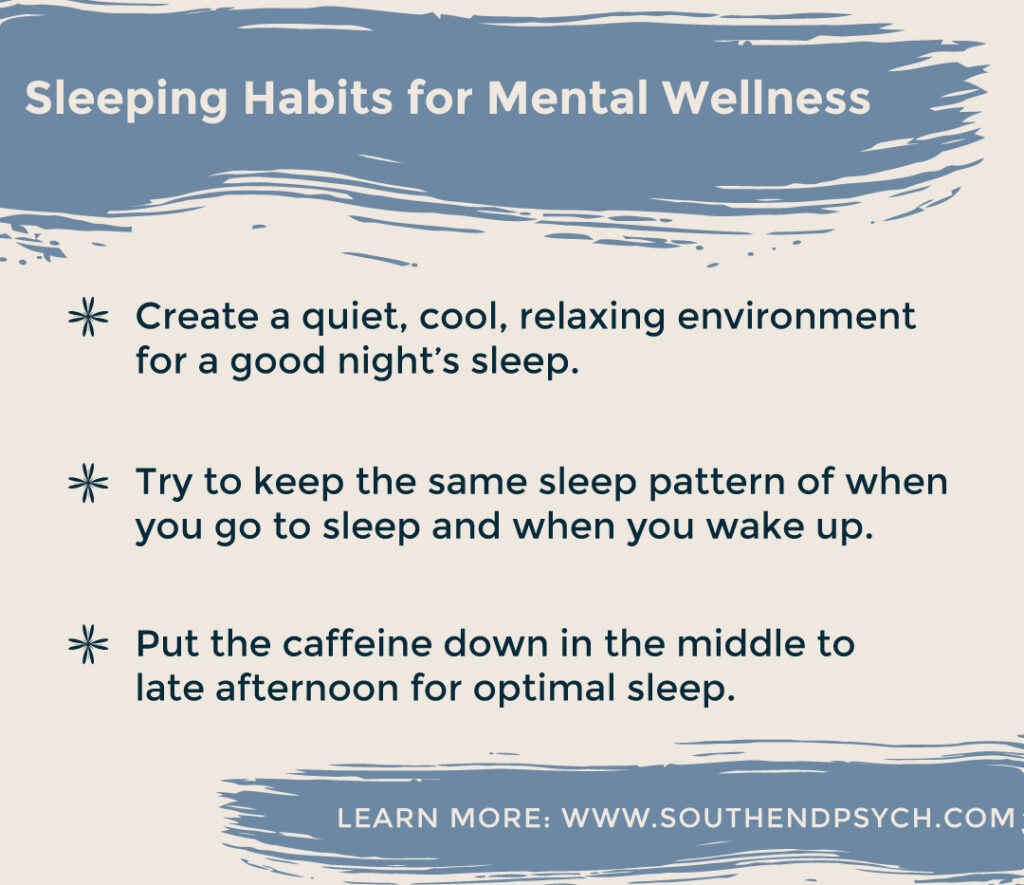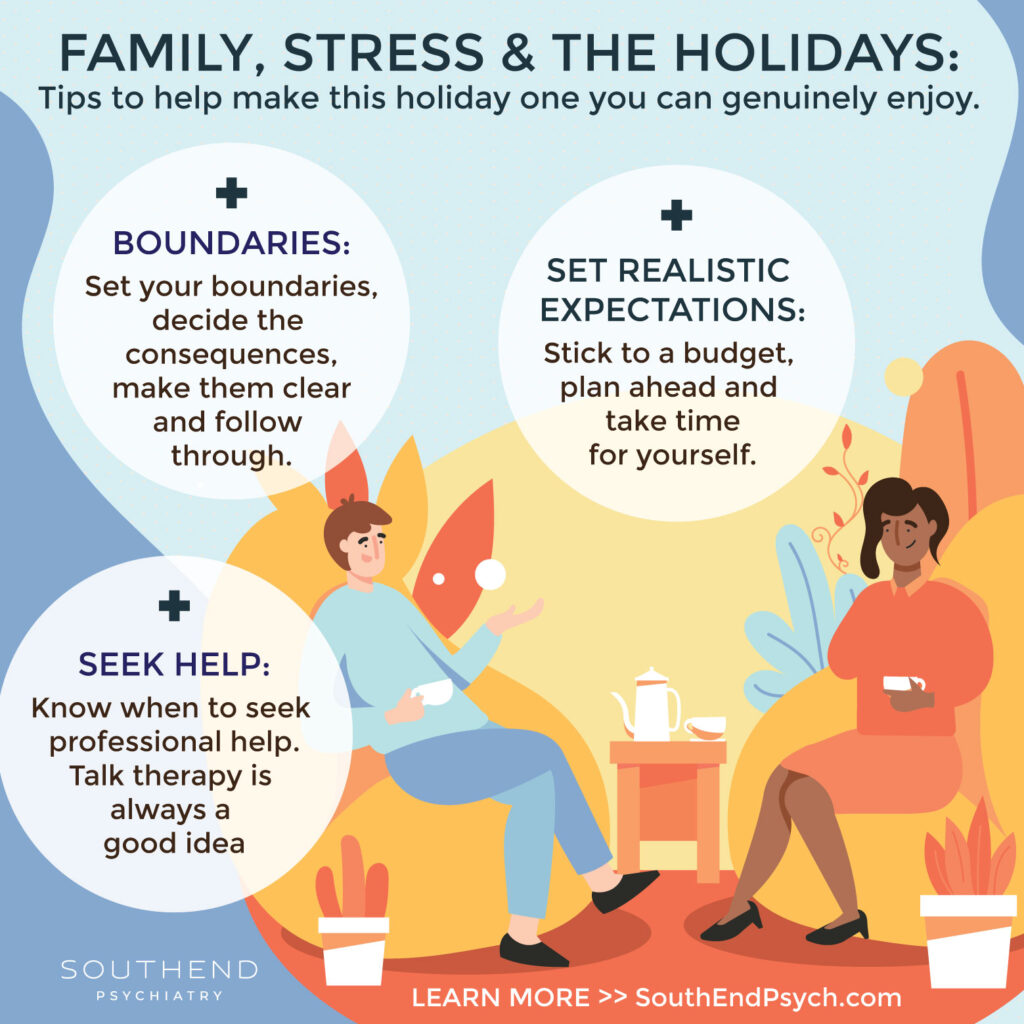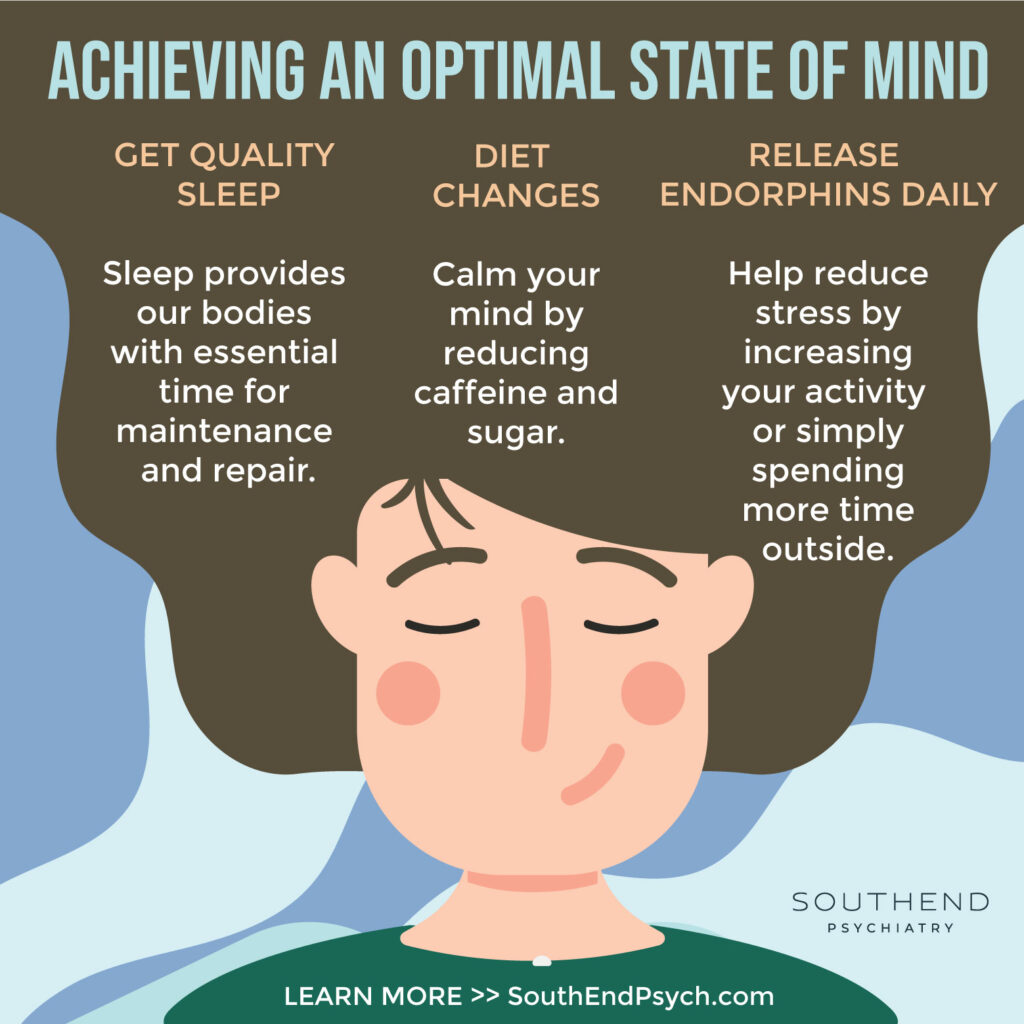The holidays are here which for many means A LOT of potential family time. So, let’s look at five ways to set healthy boundaries ahead of the holiday season.
Boundary issues are the most difficult to deal with when it comes to family.
According to Terri Cole, author of The Boundary Boss, our boundaries are made up of our preferences, desires, limits, and deal-breakers. Think of your boundaries as your own personal rules of engagement.
Boundaries can be uncomfortable and even painful for some…until you practice the skill. Remember, you don’t need to sacrifice your identity in order to receive love or be accepted. Know what you will or will not tolerate from others. Draw the line and enforce it.
Here are five ways to establish those healthy boundaries:
- Define what your boundaries are. What will you tolerate or not tolerate in your life? What behaviors will you accept or not accept from family members?
- Clearly communicate your boundaries. This is particularly important for the people closest to you. Give them the chance to honor your preferences.
- Follow through. If someone crosses your boundaries, do what you said you would. Be compassionate, but be firm. This might be a new side of you that no one has seen before.
- Show the respect you want to receive. Begin to really listen to what others prefer. Lead by example. Honor others boundaries.
- Keep loving yourself. It is not mean or selfish to have boundaries. Some will respect them. Others will not. How people treat you is a direct reflection of how you allow them to treat you.
Boundaries are healthy. Establishing and keeping them is hard work. However, it is worth it! SouthEnd Psychiatry is here for you. Our amazing team of licensed therapists are ready to walk along side you in this journey.
Contact Southend Psych today to inquire about appointment availability and get you on your way to a better place.
Southend Psychiatry
Schedule your appointment today with one of our SouthEnd Psychiatry clinicians. Book your appointment online or call 1-800-632-7969 to get started today.
















